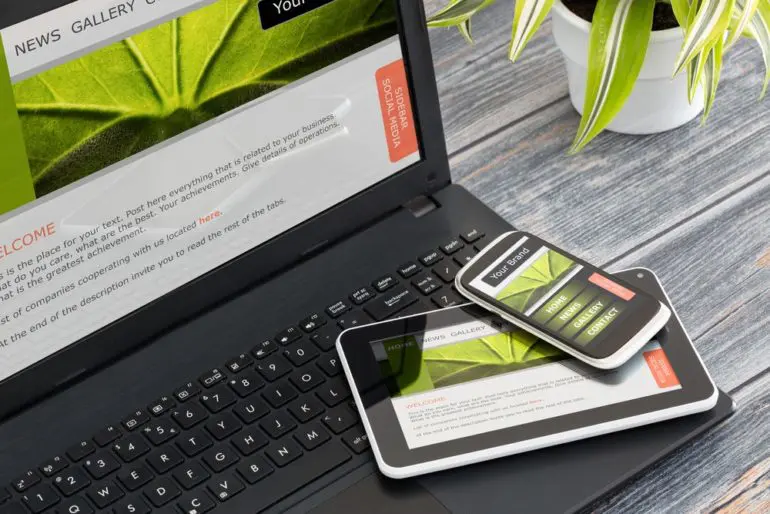According to new research British small businesses could be failing to cash in on the boom in mobile shopping by not having responsive websites.
A UK survey of small businesses and consumers has revealed a growing gap between online shoppers’ mobile preferences and what small businesses are offering – which could be costing them potential sales.
PayPal research has said mobile shopping growth is outstripping overall online spending by four to one in the UK. This trend looks set to continue, with 30 per cent of Brits expecting to use their smartphones to shop more often in the next 12 months, rising to 44 per cent for 16 to 25-year olds.
Commenting on the findings, Nicola Longfield, director of small business at PayPal UK, said: “With mobile web browsing overtaking desktop for the first-time last year, it is more important than ever that businesses adapt. Bridging the gap between customer expectation and what businesses are offering need not be daunting.
“There are small changes businesses can make to give themselves a boost, and the top item should be making websites more mobile friendly for smartphone or tablet. Shoppers are increasingly frustrated by websites which require them to pinch the screen to zoom in and scroll endlessly.”
Mobile devices are already central to today’s shopping experience with six in 10 (59 per cent) millennials browsing for new purchases on their smartphone every day.
Overall, consumer appetite for mobile shopping is also growing quickly: the estimated annual spend on mobile nearly doubled from £13.5bn to £27bn from 2016 to 2017, estimating to hit £43bn by 2020.
Despite this, only 18 per cent of UK small businesses have a website that is friendly for mobile devices, an increase of just 1 per cent in 2016.
The divide between what shoppers prefer and what small businesses offer also extends to the most popular ways to pay and be paid.
The research finds that while shoppers of all ages are embracing new mobile-friendly payment methods, such as digital wallets, 40 per cent of small businesses have never reviewed how payments are taken, when 44 per cent of small businesses had never considered payment options.
Instead, businesses continue to rely on traditional methods including bank transfer, cash and cheque to take payments.
For small businesses, adopting more popular modern payment methods could mean a big boost in sales.
For over a third of businesses, the average value of an individual sale is between £10 and £30, but PayPal’s research has shown that consumers are willing to pay up to three times that on digital devices including £84 on a smartphone and £103 on a tablet.
Longfield continued: “Knowing your customer is all-important. The profile of a UK mobile shopper is very similar to an online shopper, so it really is a case of fine-tuning business practices to make the most of customers’ habits.
“This could be sharing promotions on customers’ favourite social channels, scheduling marketing emails to coincide with peak mobile shopping times, or simply offering recognisable payment options to give shoppers that extra confidence in their purchases.”


